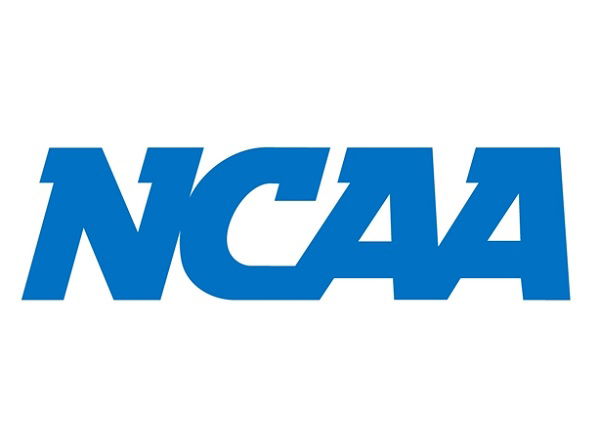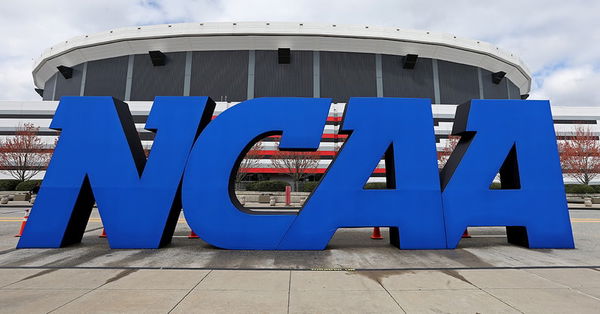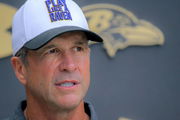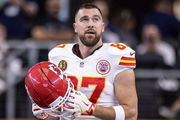

When the court finally approved the NCAA vs. House settlement, it came with Deloitte’s NIL Go. It’s a clearinghouse review of NIL deals that are over $600 to ensure they’re legitimate publicity deals and not some shady transactions to win or retain a player at a school. Now, let’s paint a hypothetical picture here. Arch Manning locks in a sweet $500,000 deal with a brand like Vuori. But then, Deloitte NIL Go comes in like a police officer and flags it, saying that it’s not using fair market value. And that could be the end of the deal. While this is an example, it’s likely that such scenarios could surface as the months progress. So let’s hear it from an industry expert who broke down the arbitration process.
Watch What’s Trending Now!
If you’re surprised to hear that NIL deals could be blocked now, you’re not alone. In a new episode of Saturday Down South on June 11, Forbes’ Kristi Dosh joined Connor O’Gara to paint a clearer picture of the arbitration process in the House settlement. According to her, this $600 threshold doesn’t mean every big-name player is suddenly under review. It’s not about big deals in general but about who’s paying them.
“It just has to be put into the portal if the company or the individual on the other side is this associated entity,” she explained. “So they’ve donated to the university. They’re an active sponsor of the university. It’s really targeting collectives. They didn’t come out and say that, but that is what’s happening. It is targeting collectives and individual donors. Those are the ones that are going to have to undergo the value review.” And then, there’s an interesting fact that Deloitte brought up at the ACC spring meetings.
ADVERTISEMENT

ADVERTISEMENT
“Deloitte actually came out at the ACC spring meetings a couple of months ago and said that 70% of collective deals that had happened would not have been approved by their system,” Dosh added. “But it said that 90% of other deals would have met the criteria. So we expect that it’s collective deals or individual donors perhaps but mostly this is a collective issue that would be turned down.”
But here’s the twist. If NIL Go flags a deal, it doesn’t mean it’s over. Schools can appeal through arbitration, which, on paper, has a 45-day turnaround. But the problem is that most people have no clue what that process actually looks like behind the scenes.
ADVERTISEMENT
Kristi Dosh says there’s a serious legal gray area here. “There’s been this argument here. There are quite a few of us here who are attorneys, and the last few days, we’ve all been sort of having a debate about whether you can bring a separate lawsuit or if you have to submit to this arbitration process,” she said. Some athletes never even agreed to the settlement that mandates arbitration. They’re being pulled into a legal structure they didn’t sign up for, and some lawyers smell blood.
Dosh added, “There’s been this debate about who would be able to file lawsuits challenging it versus who would have to go through the arbitration process… I would expect to see some of both. You will see some who will move forward with the arbitration process, and you will see some who get attorneys who are going to try to litigate this through the normal channels.” But arbitration awards are notoriously hard to overturn in court, and most judges don’t want to touch them. That’s where this thing gets dicey.
ADVERTISEMENT
Key figures pulling the strings behind NCAA’s NIL Go
Deloitte’s NIL enforcement squad is stacked, and it’s not just lawyers in suits. It includes former college athletes, NFL agents, valuation experts, and digital strategy heads all working behind the scenes. Among those leading the charge are Caitlin Field Jacklin, who was named US College Athletics Leader earlier in 2024; former NFL agent Sam Renault; Peter Woelflein, a senior manager with expertise in valuation services; Tim Juravich, who leads the firm’s design-led products; and Nick Fries, Deloitte Digital’s lead product manager. Furthermore, it includes former athletes like Angele Cherbonnier, Summer Spradley, Gib Versfeld, Tyler Rudy, and Max Winters.
Their mission is to use a “fair market value” algorithm to determine if a deal truly reflects what a player’s name, image, and likeness are worth. Now, student-athletes can’t just slap a million-dollar price tag on a social post and walk away smiling. If a dealership that usually pays $10K suddenly drops $1M on a freshman QB, that’s not going to fly without receipts. And yeah, programs aren’t happy with it. While college athletes have always had the right to their publicity, they were blocked from profiting from it until the legal tide started turning.
Top Stories
Sources: John Harbaugh Wasn’t Fired, Left Ravens After Refusing Major Staff Changes

Bill Cowher’s Strong Message to Steelers on Firing Mike Tomlin After HC’s Blunt Playoff Message

Bengals’ Cam Taylor-Britt Sentenced to Jail: Everything We Know About Charges Against Him

Kyle Tucker Handed Blunt Reality Check as Blue Jays Shift Focus to Bolster Vladimir Guerrero Jr.

US Visa Rejections Put Major Track & Field Records at Risk at World Cross-Country Championships

Chiefs’ $58M News Complicates Travis Kelce’s Return As TE Gets 8-Figure Update

Now, with NIL Go in the mix, the game has changed again. And while the NCAA thought it would clean things up, it could also throw a wrench into the very freedom athletes just fought to gain.
ADVERTISEMENT
ADVERTISEMENT
ADVERTISEMENT
ADVERTISEMENT

